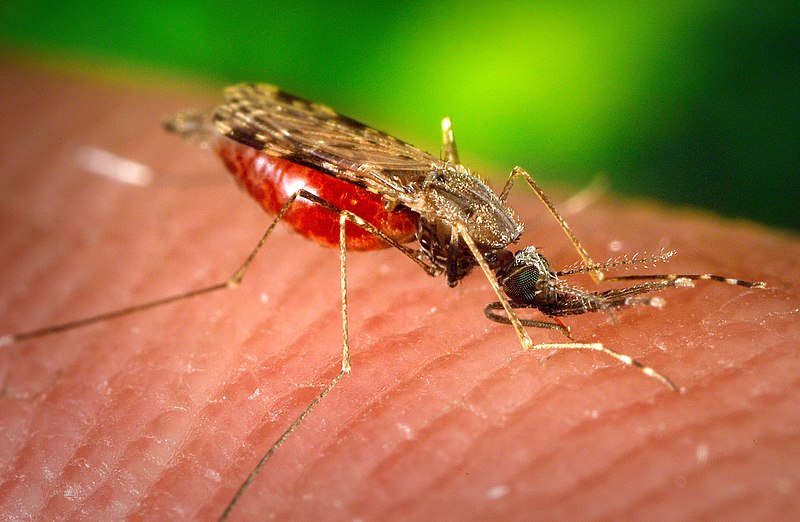Did you know: World Mosquito Day is about malaria

Mosquitoes are regarded by many as the most dangerous creatures on earth, with over one million people dying from malaria each year, mostly children younger than five.
Today is World Mosquito Day, but if you thought it was set aside to honour the pesky insects, you’re mistaken.
World Mosquito Day was established on this day in 1897 to mark the discovery by Sir Ronald Ross that there is a link between mosquitoes and malaria transmission.
He found that female Anopheles mosquitoes are responsible for the transmission.
Mosquitoes are regarded by many as the most dangerous creatures on earth, with over one million people dying from malaria each year, mostly children younger than five.
READ | Did you know: Today is World Honey Bees Day
Seven million lives have been saved and prevention achieved in more than a billion cases since the year 2000. Malaria is a disease caused by a parasite which mosquitoes carry. The parasite is released into your bloodstream when it bites you.
Malaria has been identified in more than 100 countries, but the most infections are found in 11, one is India and the rest in Africa. Malaria parasites have developed a resistance to commonly used drugs, so health professionals are researching alternatives.
Mosquitoes cause more death and disease than any other other creature, infecting people and animals with other diseases like Dengue, Yellow Fever, Zika virus, Rift Valley Fever and Lacrosse Encephalitis, among others.
Global campaign
This year, the WHO has joined the RBM Partnership to End Malaria. The two organisations are drawing attention to a campaign called “Zero malaria starts with me.”
The campaign is keeping malaria on the political agenda, summoning resources and engaging with communities in order for them to be able to prevent malaria and take care of those already infected.
Covid-19 is already straining the health systems of countries, and malaria threatens those who are poor or vulnerable.
The RBM Partnership wants to avoid a resurgence of the disease by holding leaders accountable to their prior commitments to combat malaria and maintaining and advancing progress made against malaria.



